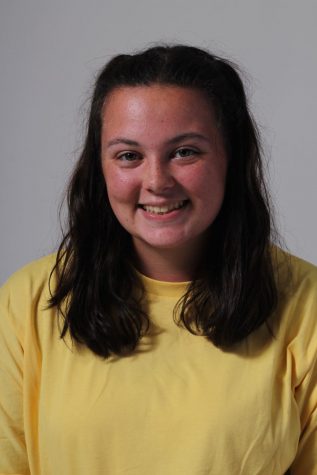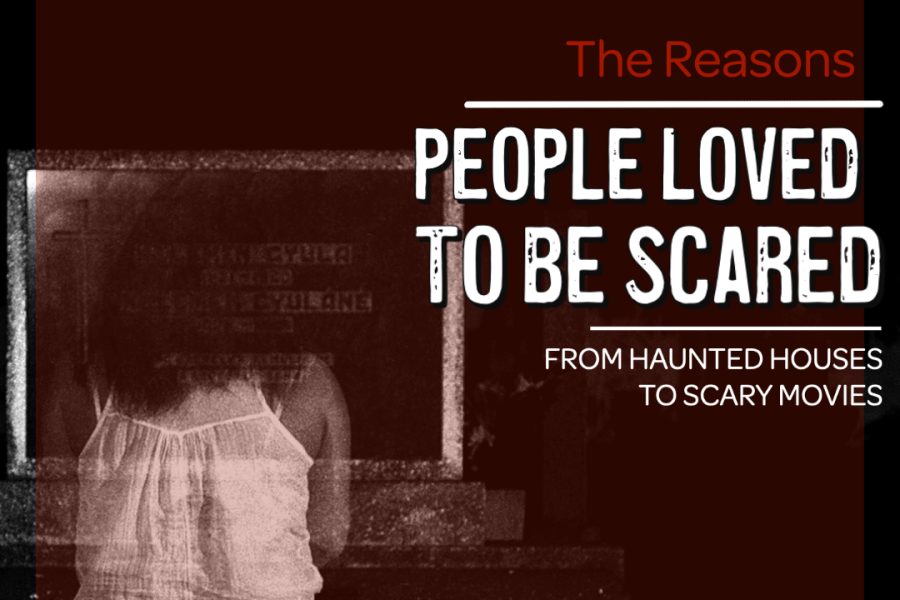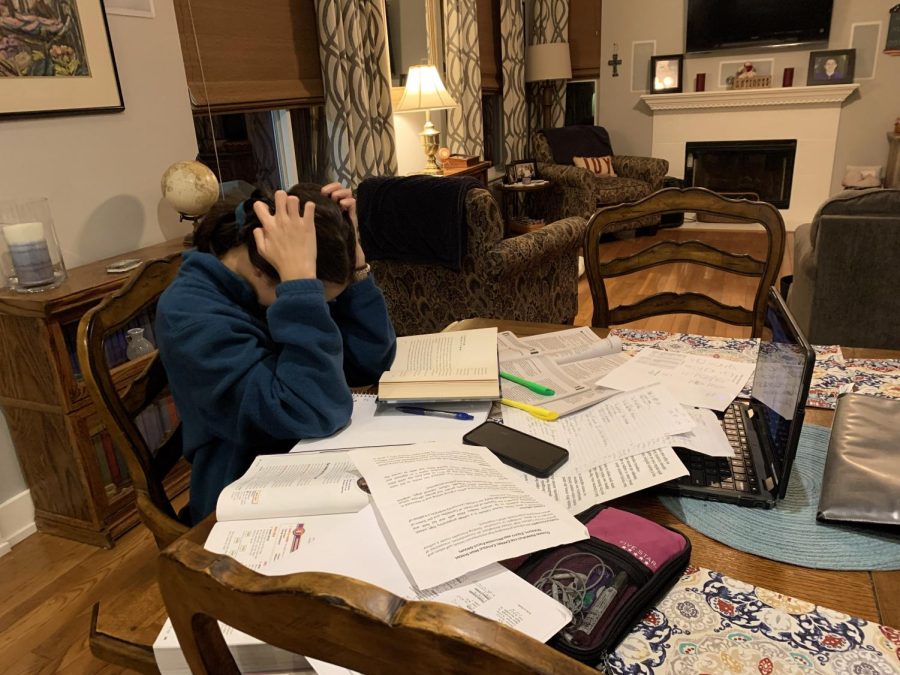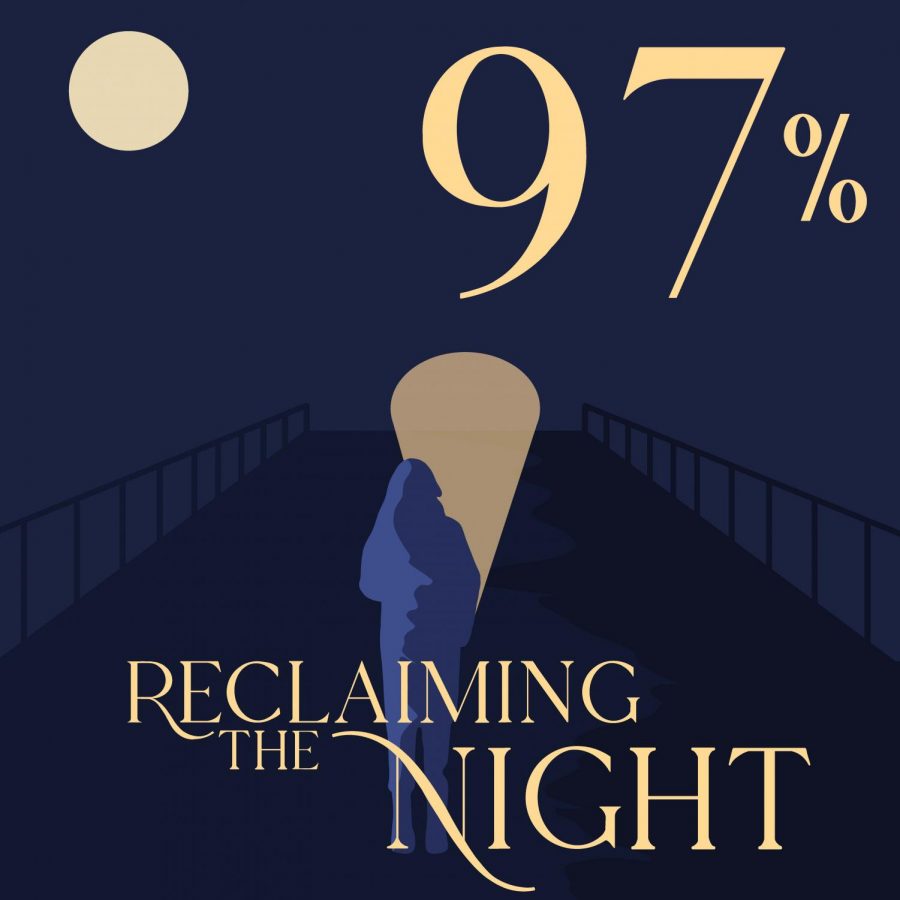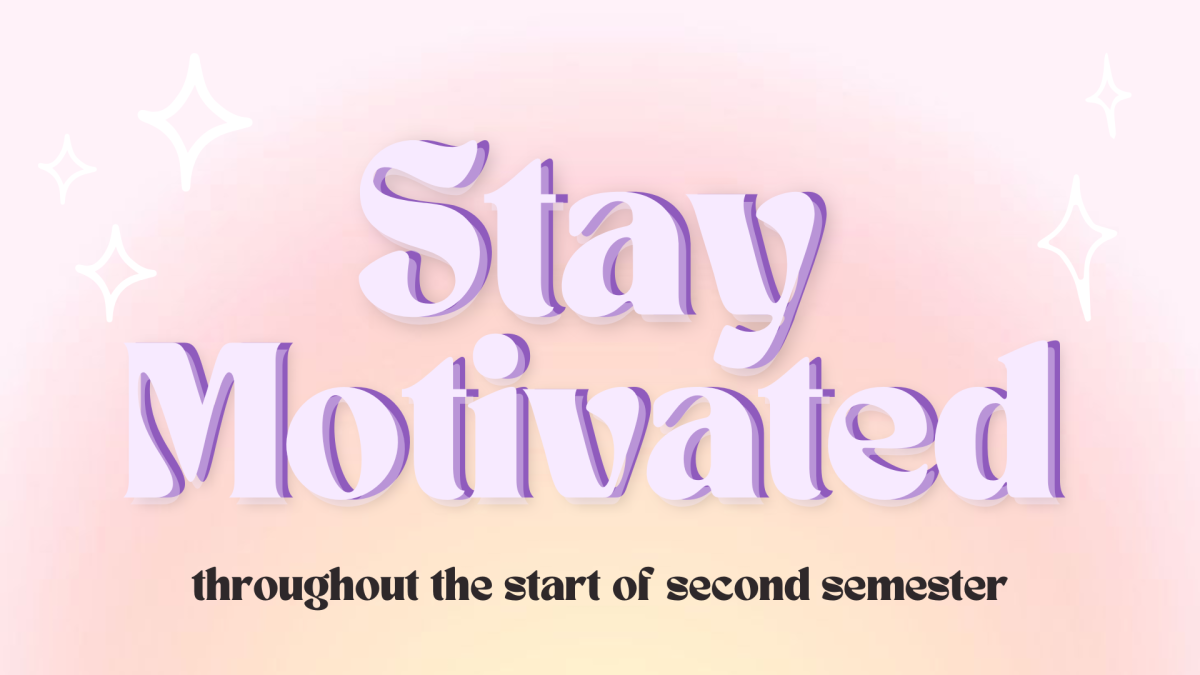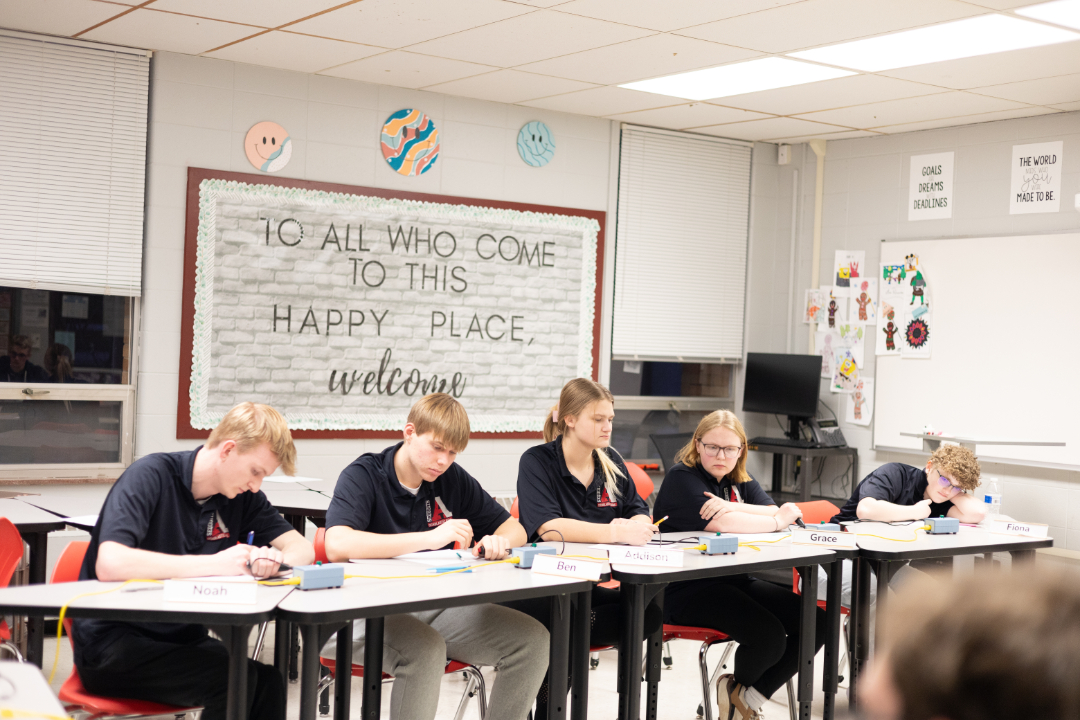One mistake students often make when choosing classes, applying for colleges and trying to make the perfect decision is blurring the line between personal and generalized success. The Oxford Language provides two definitions of success. Personal success, which means making strides to meet one’s own goals and values, and generalized success, which is defined by material goods, achieving a popularity status, followers or an amount of money. It is important for individuals to internally find which one they are working towards to reach the top of Mount Olympus.
While it can be easy to label someone as successful or not with a quick judgment, it is necessary to remember the definition of success is as unique as the DNA that differentiates each person. School counselor Kelly McCracken believes everyone needs to consider what is important to them.
“That’s a very individual question that everybody needs to kind of ask themselves, and it comes down to values,” McCracken said. “What is it that you value?”
For McCracken, values are found in creating a healthy family and work balance.
“One of my versions of success is being able to provide for my family, but also have meaningful work that I do,” McCracken said. “I’m able to support my family and be comfortable financially, but also spend a lot of time with [them].”
With that personal definition of success, McCracken said many of the staff at Antioch Community High School may share the same goals.
“Probably a lot of people [working] here do have similar values, and that’s why they got into education,” McCracken said. “They want meaningful work.”
While many staff members at ACHS might consider success a healthy work-family balance, students at ACHS see it a bit differently. For Senior Sam Bradley, it means supporting herself while remaining content in her day-to-day life.
“Success for me is to … find happiness in things that will bring you needs,” Bradley said.
With that personal definition of success, McCracken said many members of the staff at Antioch Community High School may share the same goals.
“Probably a lot of people [working] here do have similar values, and that’s why they got into education,” McCracken said. “They want meaningful work.”
While many staff members at ACHS might consider success a healthy work-family balance, students at ACHS see it a bit differently. For Senior Sam Bradley, it means supporting herself while remaining content in her day-to-day life.
“Success for me is to find happiness in things that will bring you needs,” Bradley said.
“It is important to have a well-paying job but I feel like people forget the fact that you can also enjoy your job.”
Senior Hannah Benes also values happiness and considers it an essential piece of her climb to Mount Olympus.
“As of right now, I think it’s just doing work, job, volunteering, whatever activity that can make me feel the happiest,” Benes said.
When applying and researching colleges, many students often use the process in an attempt to project onto the process in an attempt to appear successful. While it is important to choose a college that reflects one’s talents, Benes also believes many students can get caught up in success when applying to colleges and need to consider all of the parameters of success.
“A lot of people think you’ll automatically be more successful if you go to an Ivy League,” Benes said. “It takes more than just going to that really big, highly academic school to be successful after college.”
Ivy leagues especially can cause students to lose focus on what matters most when choosing a college. McCracken claimed ACHS students, in particular, might forget that feeling comfortable at a school is a crucial factor.
“What we [at ACHS] see a lot is people like to apply because of the name. They’re not necessarily serious about going or if that would be a good fit,” McCracken said. “Would they feel comfortable in that environment and those types of studies?”
Benes believed when it came to applying to and researching colleges, it all came back to values.
“At a young age … I want[ed] to go to a really big, well-known, super-smart school,” Benes said. “Over the years, that goal kind of faded out because I re-evaluated what was valuable to me.”
Like Benes, Bradley believes personal values and general happiness are what students should be focusing on when they begin applying.
“People shouldn’t put their worth on a college,” Bradley said. “They should just go there to have fun, get an education and have a good life.”
It is difficult to say going to an Ivy League will not provide any leverage, however. McCracken claimed renowned colleges can provide a significant headstart for a career depending on where a student sees their future.
“Because there’s such a small percentage of students who are accepted, they’re typically smaller schools but still have that reputation,” McCracken said. “There are specific places, jobs and positions that recruit specifically from Ivy League schools.”
However, McCracken claimed many state schools can give the same degree and opportunities as an Ivy League.
“You don’t need to attend an Ivy League school in order to have those networking opportunities, degree or job outlook in a certain area,” McCracken said. “There are very smart, well-rounded and educated students at state schools, private schools, Illinois schools and out-of-state schools.”
The culture surrounding Ivy Leagues is something that turns many ACHS students away from applying. According to Bradley, students here are worried less about going to the most academically renowned school and more about finding the college that is the perfect fit.
“If [Ivy League is] their goal, go for it,” Bradley said. “But I think people [at ACHS] are down to earth, they realize what matters more or less.”
The truth is that no one can see someone and define them as successful; it is defined personally through an individualized path. Benes has been committed to the South Dakota School of Mines and Technology since March of 2021. Opportunities after school were more important to her than the ones within.
“South Dakota has a really good job employment rate in the first year after you graduate,” Benes said. ‘I think that will give me a really good opportunity to start becoming successful in my future career.”
Academics are often a factor that tends to make an Ivy League valuable. For Benes, the STEM programs within a school were crucial. She found that a school such as SDSM&T, which was only focused on those fields, was the perfect fit.
“People who go to Harvard or big Ivy League schools, [I think that] just saying that you went there, can get you pretty far,” Benes said. “There are also smaller schools that can probably do just as much and give you the same type of education for cheaper.”
Everyone has their own worries when it comes to colleges. Whether it be the school, money, grades or majors, they all revolve around how the college will benefit their future. As long as one is comfortable, happy and has the determination to succeed, the college one attends harbors less impact on reaching the top of Mount Olympus than one might think.


